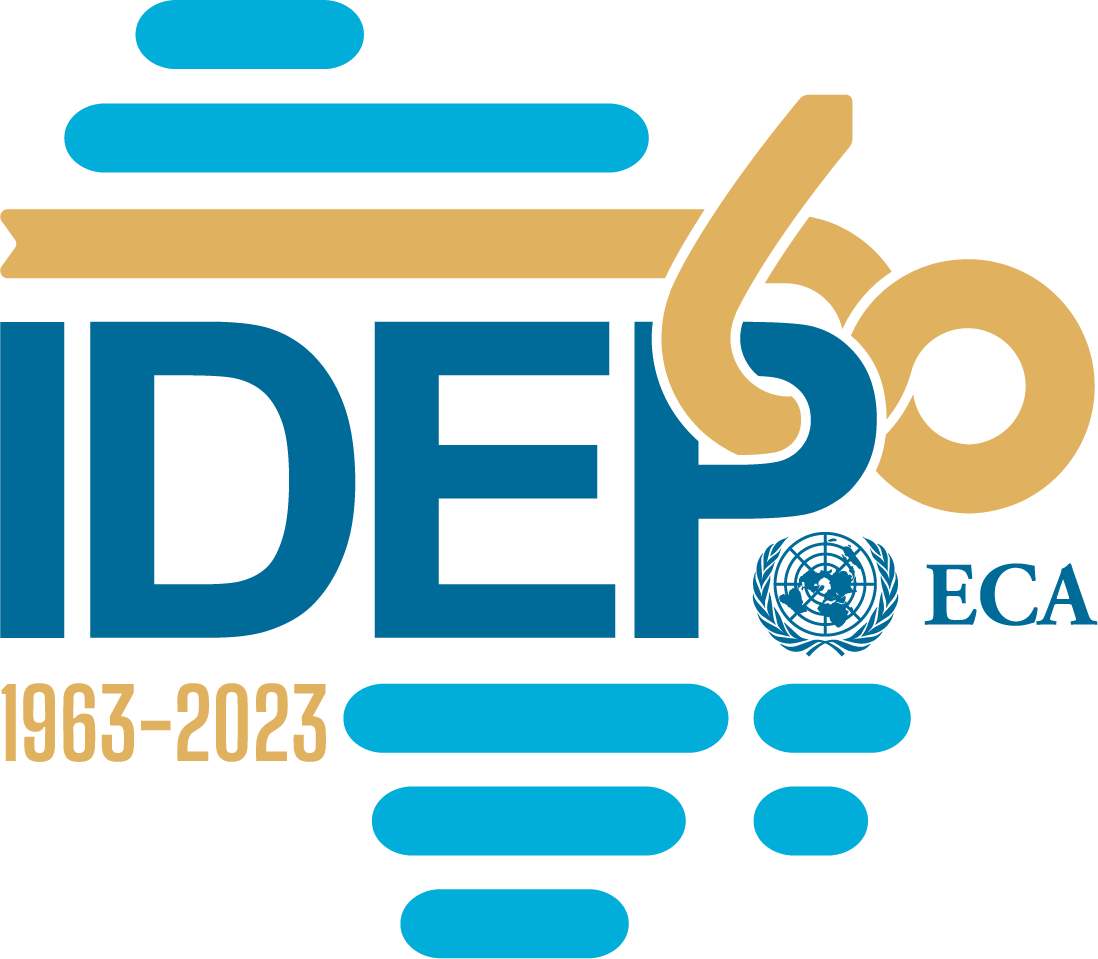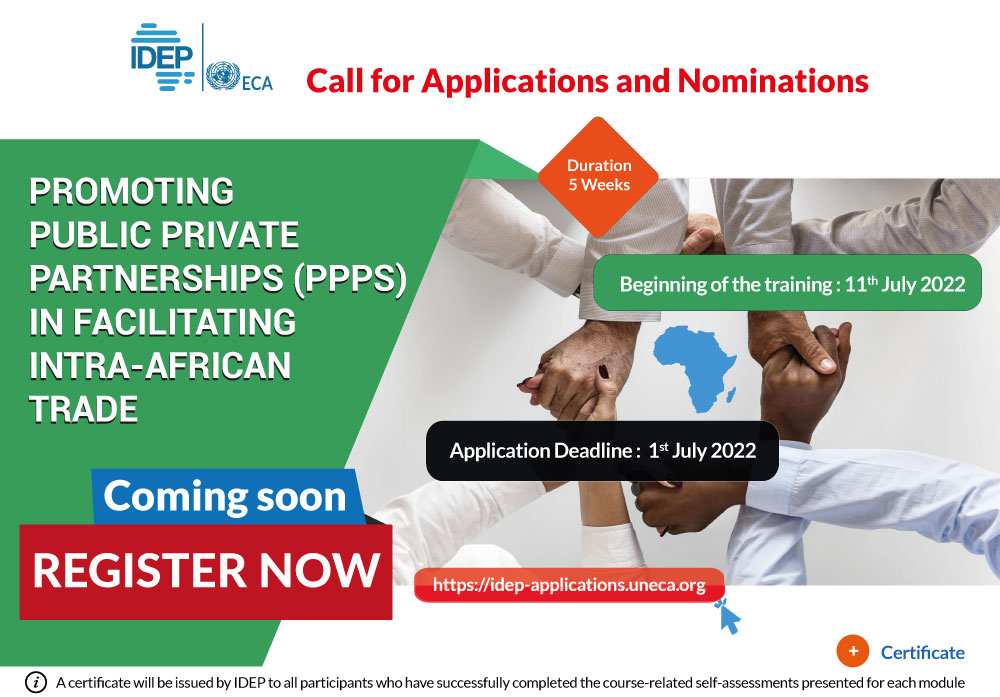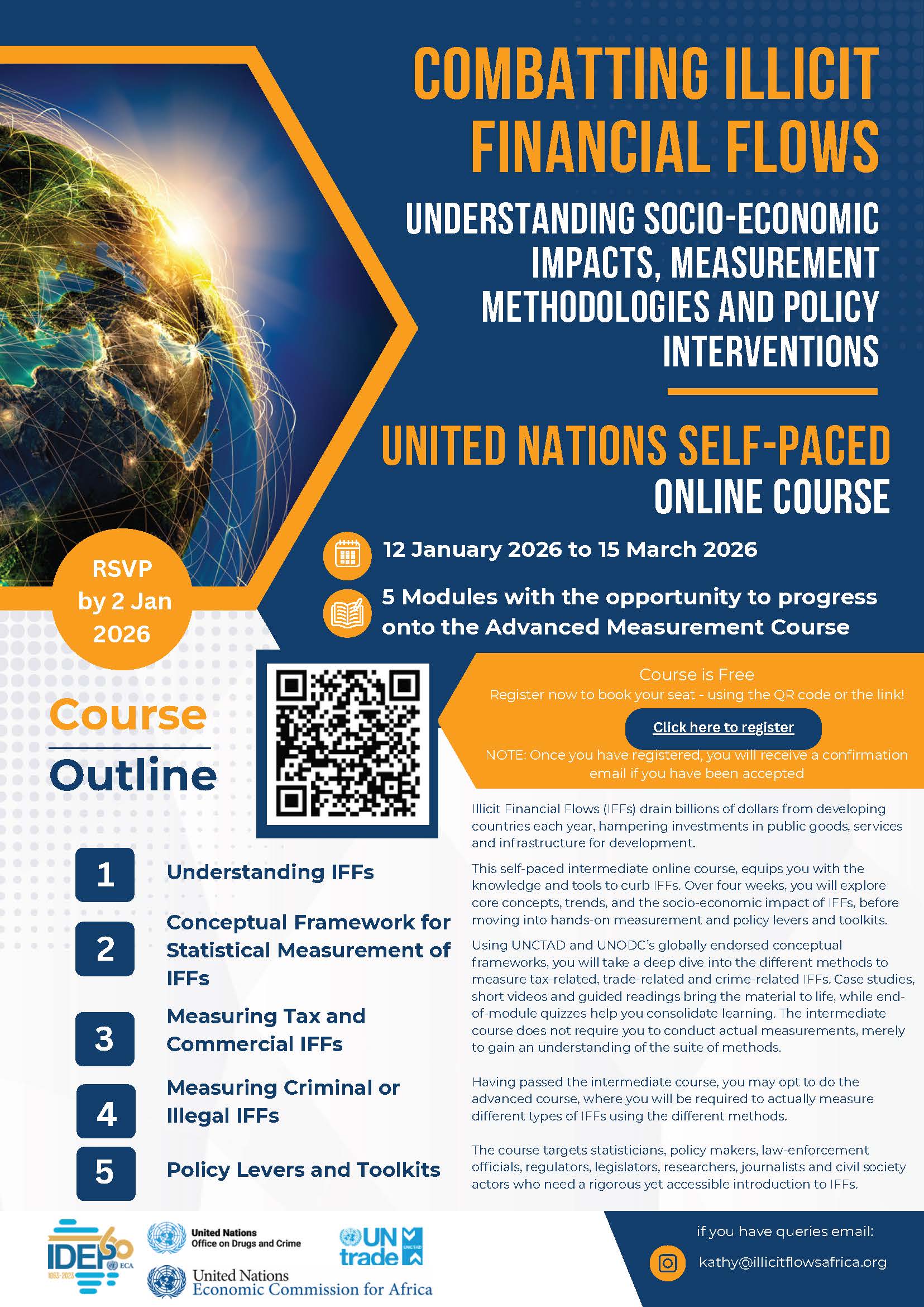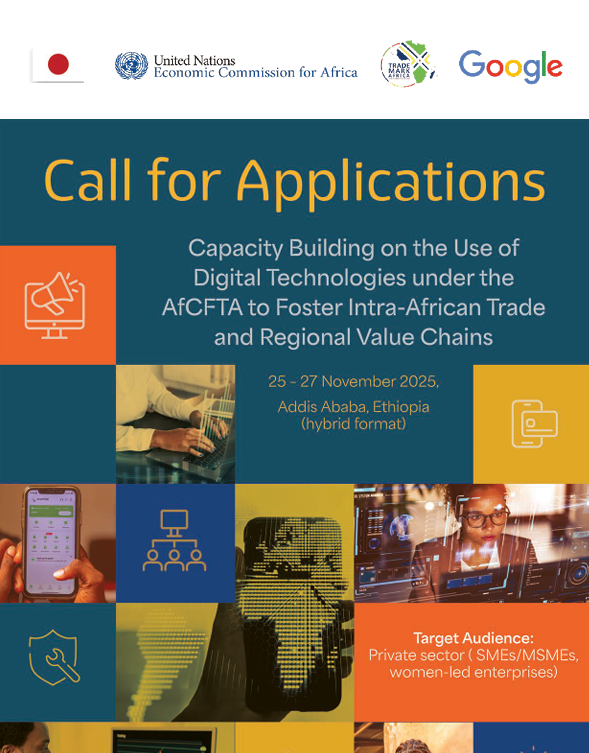Promoting Public-Private Partnerships (PPPS) in facilitating intra-african trade
Announcement in Brief
|
Programme Rationale
Paucity of public finance and effective structures for facilitating trade leave avenue for expedient worker alternatives. The private sector been the major driver of economic activities and the most adversely impacted by inadequate trade structures; hence, the lean capacity of traditional procurement is no longer feasible for a competitive and sustainable development of effective and efficient trade infrastructures and systems.
This therefore begs the need for enhanced capacity to propagate trade-enabling infrastructure and services at scale through feasible globally compliant PPP arrangements that will unlock bottlenecks to trade growth within the continent. This will consequently drive inclusive economic growth through increased trading and economic activities amongst the vast African middle and low-income class, and ease trade/value-chain operations of small, medium, and large corporates both at national and intra-continental levels.
When managed effectively, PPPs not only provide much needed new sources of capital, but also bring significant discipline to project selection, construction, and operation. Hence, training on the subject is apt to prepare the continent’s PPP landscape to activate carefully structured collaboration with private sector in the quest for investment and expertise in bridging the widening infrastructure gap and accelerating the provision of public infrastructure asset and public services. As such, the course provides a platform for participants to gain a comprehensive understanding of the pros and cons of Public Private Partnerships (PPPs), and the mechanisms for successfully implementing PPPs in developing countries.
The desired outcome of this training is for the public sector to apply at every stage in the formation and implementation of a PPP the learning gained in selecting/designing project, developing a regulatory structure, initiating/consummating transaction processes, supervising concessionaires (the private company entitled to temporarily own and operate the asset) throughout the project’s life cycle, etc. In addition, public-sector leaders must take concrete steps to cultivate an environment in which PPP projects can flourish, such as securing the right project-management expertise within the government and employing policies that support a vibrant industry of engineering and construction companies as well as other private-sector partners, such as financiers.
From the foregoing, in this training course, participants will study the relevant organizational structures, effective regulation, enabling legislation, and risk management techniques necessary for well-designed procurement approaches and timely financing for PPP projects, while achieving the objectives of affordability and value-for-money for all stakeholders.
Objectives
Upon completion of this training course, participants will have the capacity to understand how to
undertake :
• Careful Cost Benefit Analysis (CBA)
• Detailed feasibility studies, project finance and financial modelling, needs analysis, solutions
• Options analysis and PPP options for project delivery
• Development of procurement contract documents of PPP projects and transaction advisory
services
• Contract negotiations, contract and project implementation
• Monitoring and Evaluation of PPP projects
• Audit of PPP projects
• Economic analysis of projects
• Risk identification and management
• Stakeholder engagement and management





